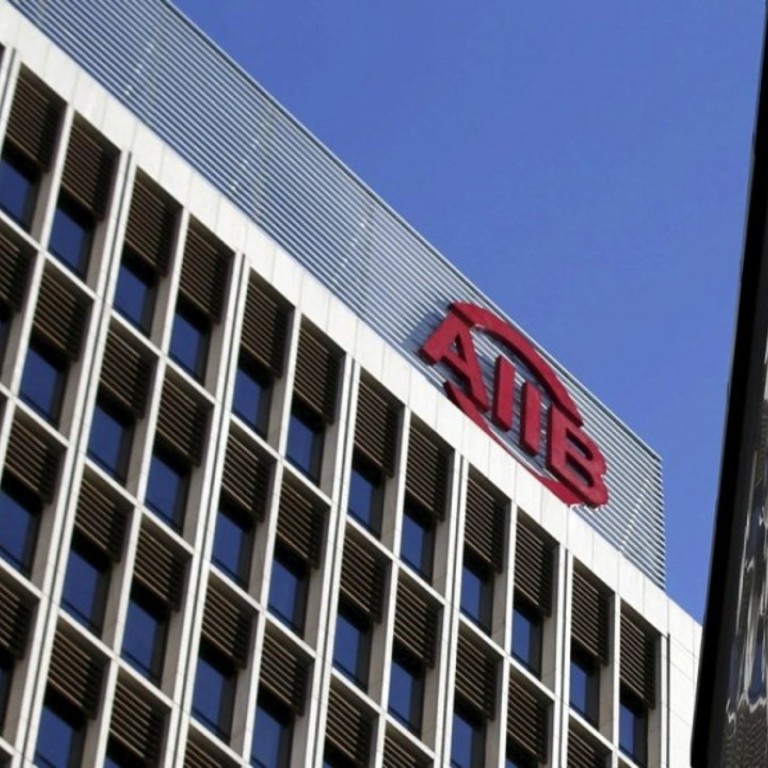
AIIB approves Papua New Guinea and Kenya as new members, taking total to 86
Major countries such as US and Japan stay away from development bank, as Beijing tries to boost infrastructure networks from Asia to Africa
The China-led Asian Infrastructure Investment Bank said on Wednesday that it has approved Papua New Guinea and Kenya as new members, as Beijing tries to bolster its economic influence in Asia and beyond.
With the approval, the AIIB expanded its membership to 86, but some major countries, such as the United States and Japan, have stayed away from the multilateral development bank amid scepticism over its governance and lending standards.
Beijing has sought to boost infrastructure networks in Asia, the Middle East, Europe and Africa to attain its goal of connecting nations along the ancient Silk Road more closely under its “Belt and Road Initiative”.
Washington and Tokyo are the only Group of Seven industrial powers that have not joined the bank.
In January, the bank had approved funding for 24 infrastructure projects, five of them in India, with its loans to the Indian projects – totalling US$1.074 billion – accounting for almost 28 per cent of the money it has lent.
The biggest AIIB loan to an Indian project approved so far has been US$335 million for a metro rail project in the southern Indian city of Bangalore that includes 22km (13.6 miles) of railway line and 18 stations.
The European Investment Bank lent €500 million (US$609.5 million) to the project two months before the AIIB.
The AIIB, a multilateral development bank first proposed by Chinese President Xi Jinping in 2013, opened for business on January 16, 2016.
It focuses on funding the construction of roads, railway lines, ports and energy and rural infrastructure, mainly in Asia. Beijing has effective veto power, as major bank decisions require at least 75 per cent support.
India is the second largest shareholder, with 7.7 per cent of the votes, followed by Russia with 6.1 per cent and Germany with 4.27 per cent.
AIIB head Jin Liqun has dismissed allegations that one of the bank’s roles is to support the growth of China’s soft power, saying it had its own operating standards.

